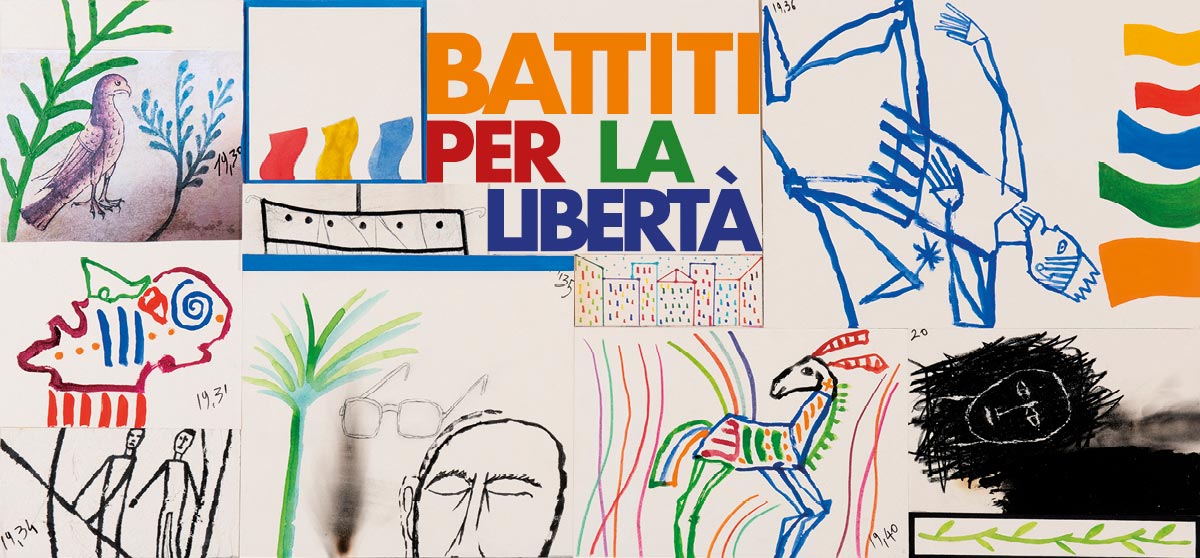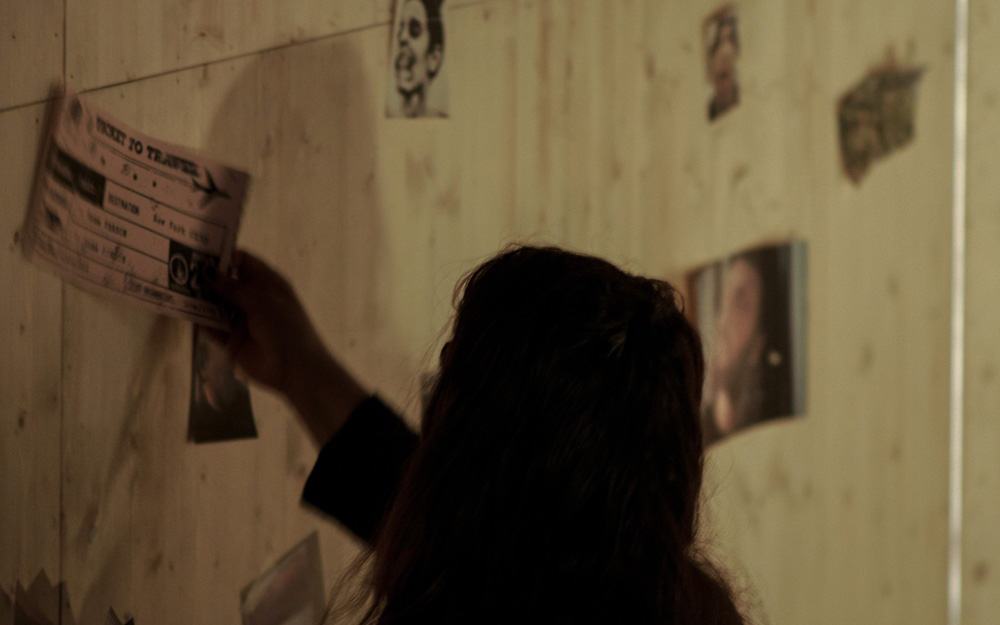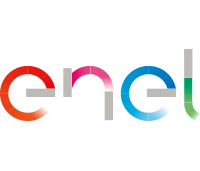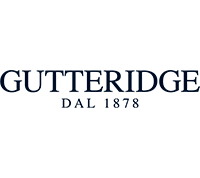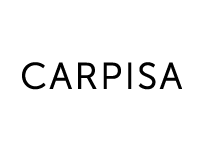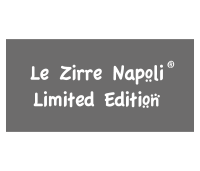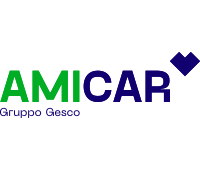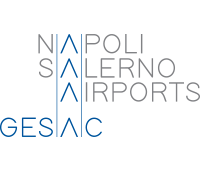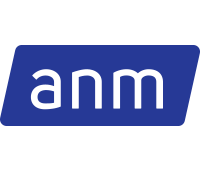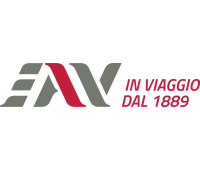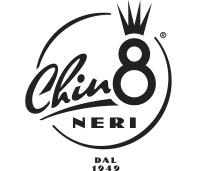Napoli Teatro Festival Italia opens a focus on the Arab world with shows, exhibitions, and meetings dedicated to the Mediterranean cultural flows.
Works and events by emigrated artists who live and work in Europe bring the themes of multiculturality, multi-identity, and openness to the cultural flows of the contemporary world to the stage.
The program was realized thanks to the collaboration with the network of international festivals with which Fondazione Campania dei Festival participates in the framework of the Performances Beyond Two Shores project, supported by the European Commission within the Creative Europe program; thanks to the cooperation with La Francia in scena, the artistic season of the Institut Français Italia created on the initiative of the French Embassy in Italy with the support of the Institut Français and Fondazione Nuovi Mecenati; and with the financial support from the Goethe-Institut of Naples and the Federal Foreign Office of Berlin.
The focus on the Arab world section, on June 18 at 9.30 p.m., is told live from the Dopofestival event held in the Romantic Garden of Palazzo Reale by Radio Zazà – a Rai Radio 3 broadcast show on culture, society, and entertainment – with the producers Anna Antonelli and Lorenzo Pavolini and the hosts Piero Sorrentino and Lea Nocera, who interview some of the protagonists of the twelfth edition of NTFI. A window on the Mediterranean is the title of the column edited by Lea Nocera, which will give ample space to the Mediterranean artistic creations by the artists in exile in Europe included in the Festival program.
The cultural magazine program will host Wael Ali, a Syrian writer and director born in 1979, who presents for the first time Sous un ciel bas تحت سماء و١طئةUnder a low sky, a documentary theater show that brings to the stage the story of Jamal, a Syrian documentary filmmaker who lives in France, and is obsessed with the loss of his past. The show is staged at Sala Assoli on 21 and 22 June. Artistic creation is only the first moment of the Performance beyond two shores project, which in its subsequent phase includes a tour of the project’s partner festivals (Les Rencontres à l’échelle festival – Marseille; Shubbak festival – London; Weimar art festival – Weimar; Palais des Beaux Arts Bozar – Brussels; Dancing on the Edge festival – Amsterdam). The gathering’s program, organized in partnership with the Asia, Africa and the Mediterranean Department of the University of Naples L’Orientale, includes the public lecture Reflections on exile: the experience of Arab theater in European held at Palazzo Corigliano on June 18 at 4 p.m.; besides the artists involved, Lea Nocera will take part in the event chaired by Monica Ruocco. On 19 June at 7 p.m. in the Romantic Garden of Palazzo Reale (entrance from Piazza Trieste and Trento), the second public meeting Con(temporary) Scenes: the Arab theater in Europe will take place; in addition to the involved artists, intervenes Gennaro Gervasio, chair Monica Ruocco.
Another protagonist of the focus dedicated to the new visions of the post-migratory art scene will be Mohamad Al Rashi. He is choreographer, together with Wael Kadour (a Syrian playwright and director now refugee in France), and interpreter of Cronache di una città senza nome, which tells the true story of a woman who committed suicide in Damascus in 2011, highlighting the violence intrinsic to a political, economic, and religious system established and perpetuated for decades. The national premiere of the show is staged at Galleria Toledo on 20 and 21 June.
We then move from the theater to fine arts with Bissane Al Charif, a Syro-Palestinian scenographer, who together with the Lebanese actress and the director Chrystèle Khodr and the Syrian director Waël Ali, investigates sexual experiences and their relationship with the changes occurred in the post-war period in the interactive installation Dans un jardin je suis rentrée, on display at Palazzo Fondi until 22 June.
Finir en beauté by Mohamed El Khatib, a French artist of Moroccan origin and the creator of the Zirlib collective (a meeting place and search for performers, dancers, filmmakers, musicians of different backgrounds and horizons), is another show that arrives in Naples from France, national premiere after its revelation at the Avignon Festival 2015. His work, staged on June 25 at 9 p.m. and June 26 at 7 p.m. at Sala Assoli, is inspired by interviews, emails, SMS, administrative records and other kinds of real documents, through which he (re)constructs on stage a story of mourning: his mother’s death. The show is realized in collaboration with La Francia in scena.
For the international dance scene, after the success at NTFI 2018, on June 14 at 9 p.m. Ali Charour returns to Naples, bringing to the stage of Teatro Politeama his new work Night (Layl), a performance that investigates the transformation that has undergone the concept of love in the Islamic world in the transition from pre-Islamic Jahiliyyah to contemporary society.
Again through the artistic language of dance, the dramatic situation in Syria will be given voice in Et si demain by the choreographer and dancer Nidal Abdo of the Atelier des artistes en exil. On 17 June at 9 p.m., Collectif Nafass presents the new creation of Nidal Abdo at Teatro Nuovo for the first time in Italy. The work starts with some fundamental questions for those coming from a country at war: why me, why us, why man? These questions prompted the Nafass dance company to create Et si demain, a contemporary dance show that investigates memories, privations, pains, and emotions told through a body language that becomes the language of the soul, thanks to the four Syro-Palestinian dancers. The show is realized in collaboration with La Francia in scena.
Alexandre Roccoli arrives from France with Hadra, staged on 2 and 3 July at the Diocesan Museum, by the Church of Santa Maria Donnaregina Vecchia. Initially conceived for the Moroccan dancer Yassine Aboulakoul, later joined by his brother Youness, the work focuses on the power of the desire to dance. For Hadra a solo show created in 2017 at the Musée de l’Histoire de l’Immigration, Roccoli takes inspiration from the possession dances characteristic of the Moroccan Gnawa brotherhoods but also widespread in certain contemporary urban cultures, from hip hop to house music. Using the repetition of movement and sound, the artist produces a circular, hypnotic, and magnetic aesthetic where the body is seized by the dizziness of dance. The show is realized in collaboration with La Francia in scena.
In this edition, Napoli Teatro Festival Italia is committed to giving life to a project that not only values the artists’ diversity but also supports their different artistic visions, confirming the festival’s openness to creations that narrate the migration and the role of the artists in exile in Europe, with a view to promoting cultural welfare and cooperation.



